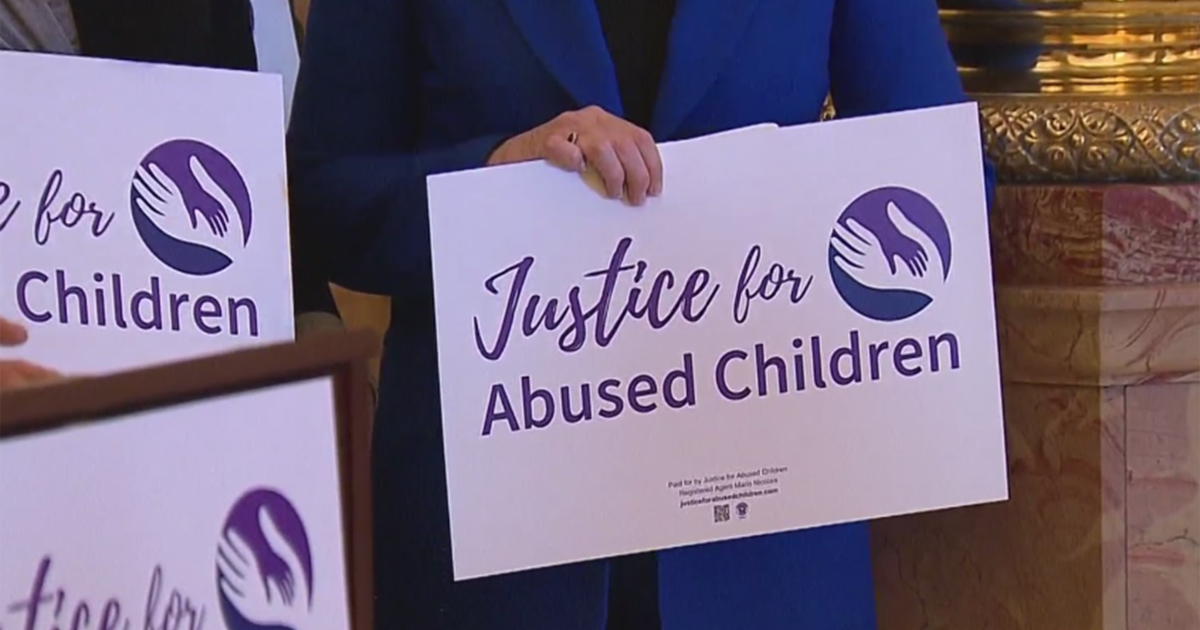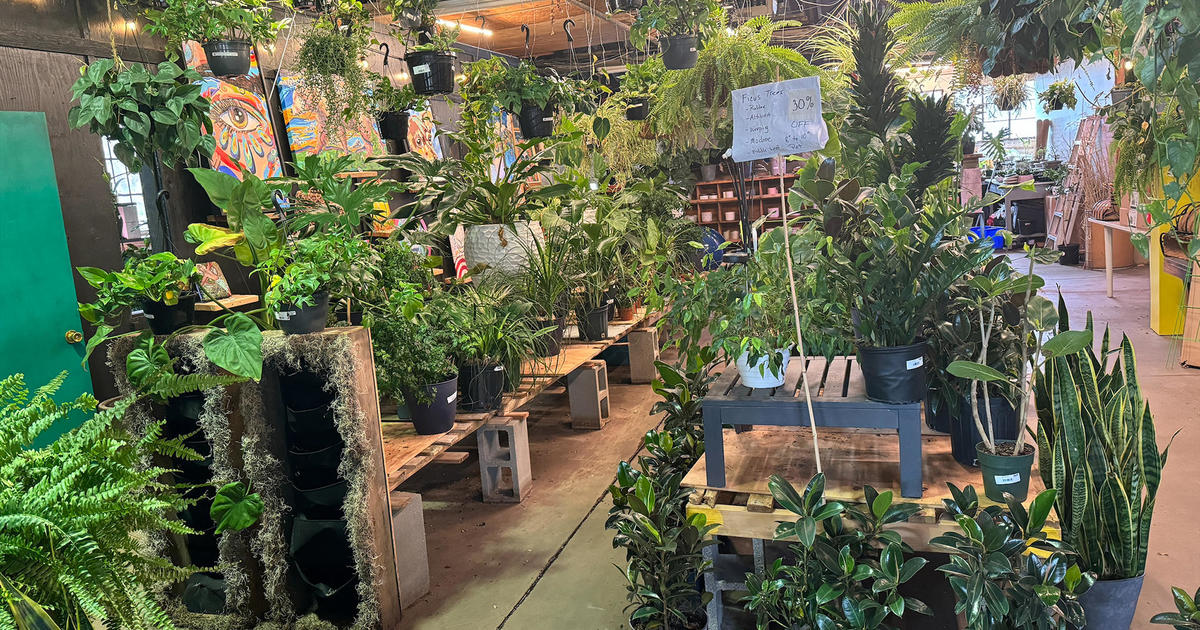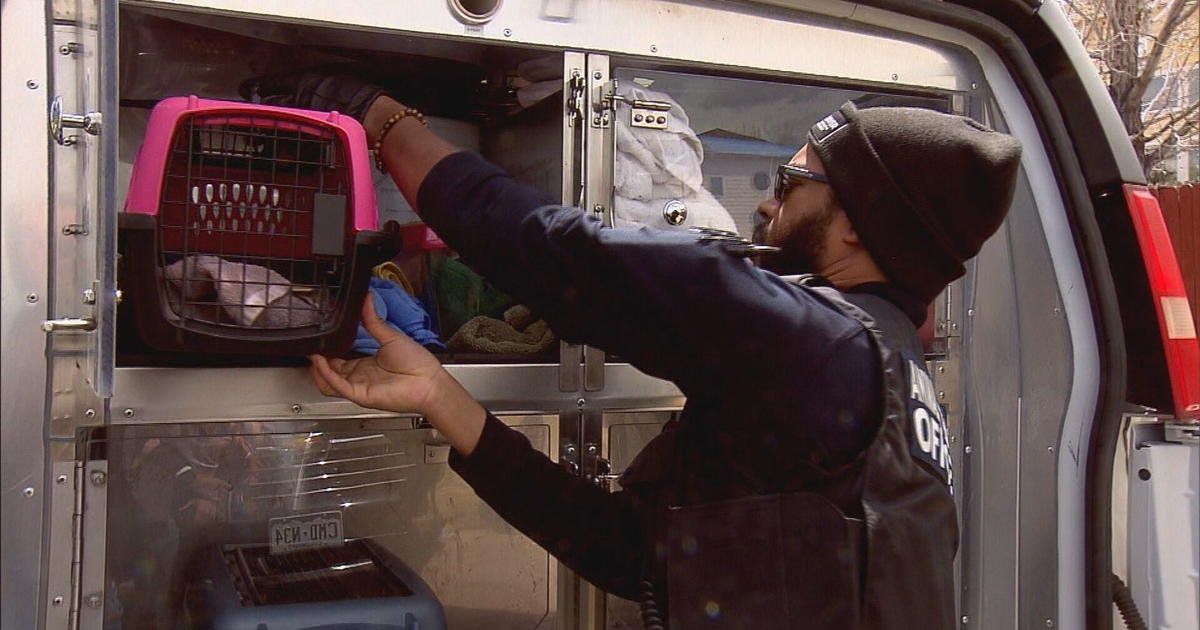Colorado Decides Whether To Legalize Recreational Pot
DENVER (AP) — Marijuana for recreational use has been perhaps the biggest political question facing Colorado voters outside the tight presidential contest — and both were far from certain as Election Day opened.
Twelve years after making marijuana legal for people with certain medical conditions, voters were deciding Tuesday whether to allow pot for recreational use, too. If approved, the constitutional amendment would set up a direct challenge to federal drug law.
Amendment 64 would allow adults over 21 to possess up to an ounce of marijuana but not use it publicly. The amendment also would allow people to grow up to six marijuana plants in a private, secure area.
Commercial pot sales also would be allowed. Colorado has 536 marijuana dispensaries, but only people with state-approved medical licenses to use the drug can shop in them.
Amendment 64 wouldn't limit marijuana access to state residents. That means that if the measure is approved, out-of-state visitors would be free to buy and use marijuana while in Colorado. That's no small consideration for a state where tourism is the No. 1 industry.
Colorado voters rejected a ballot measure to legalize pot in 2006. This year's version is dramatically different, though. It sets up state regulation of the drug and directs lawmakers to approve an excise tax and send up to $40 million a year to schools. Estimates varied widely on how much such a tax would actually raise.
Amendment 64 also states that local governments can ban commercial marijuana sales and that employers would be free to continue banning marijuana use by workers.
Public polling on the measure has been limited, but surveys taken last month showed enough undecided voters to give the proposal a shot. The amendment's backers, the Campaign to Regulate Marijuana Like Alcohol, spent more than $1.6 million promoting the measure, according to filings with Colorado's secretary of state.
Marijuana legalization measures were also before voters in Oregon and Washington state Tuesday.
Seventeen states and Washington, D.C., currently flout federal drug law by allowing people with certain medical conditions to use marijuana. Arkansas and Massachusetts voters were considering joining that list on Tuesday.
In Colorado, many public officials from both parties opposed marijuana legalization, including Democratic Gov. John Hickenlooper. Opponents argued it could make pot easier for children to get and would set up Colorado for expensive legal battles with the federal government.
Supporters argued that regulating marijuana could make it harder, not easier, for young people to acquire. A jingle advertising the measure went, "We can make it harder for the kids to buy — sell it like a bottle of wine."
Supporters also argued that marijuana legalization could save law enforcement and court costs.
By Kristen Wyatt, AP Writer (© Copyright 2012 The Associated Press. All Rights Reserved. This material may not be published, broadcast, rewritten or redistributed.)



